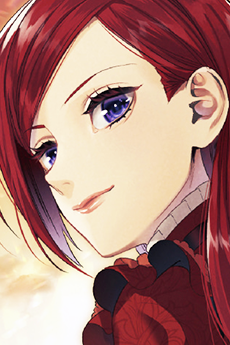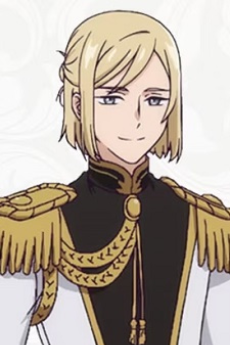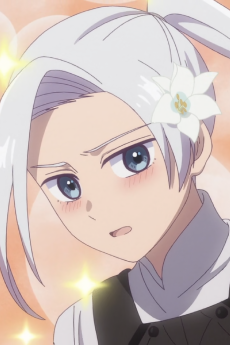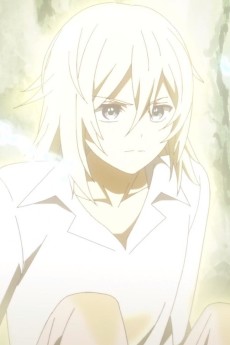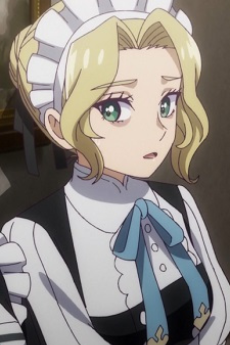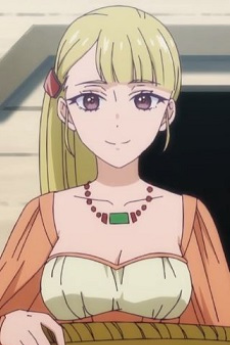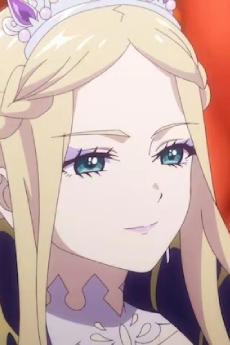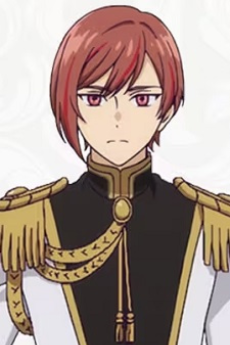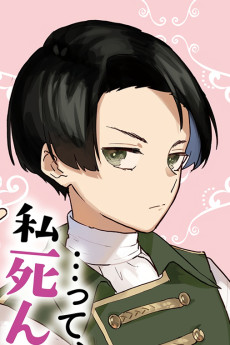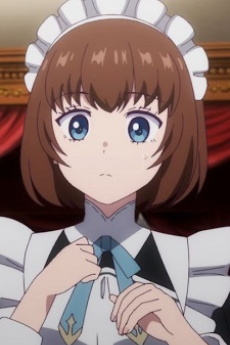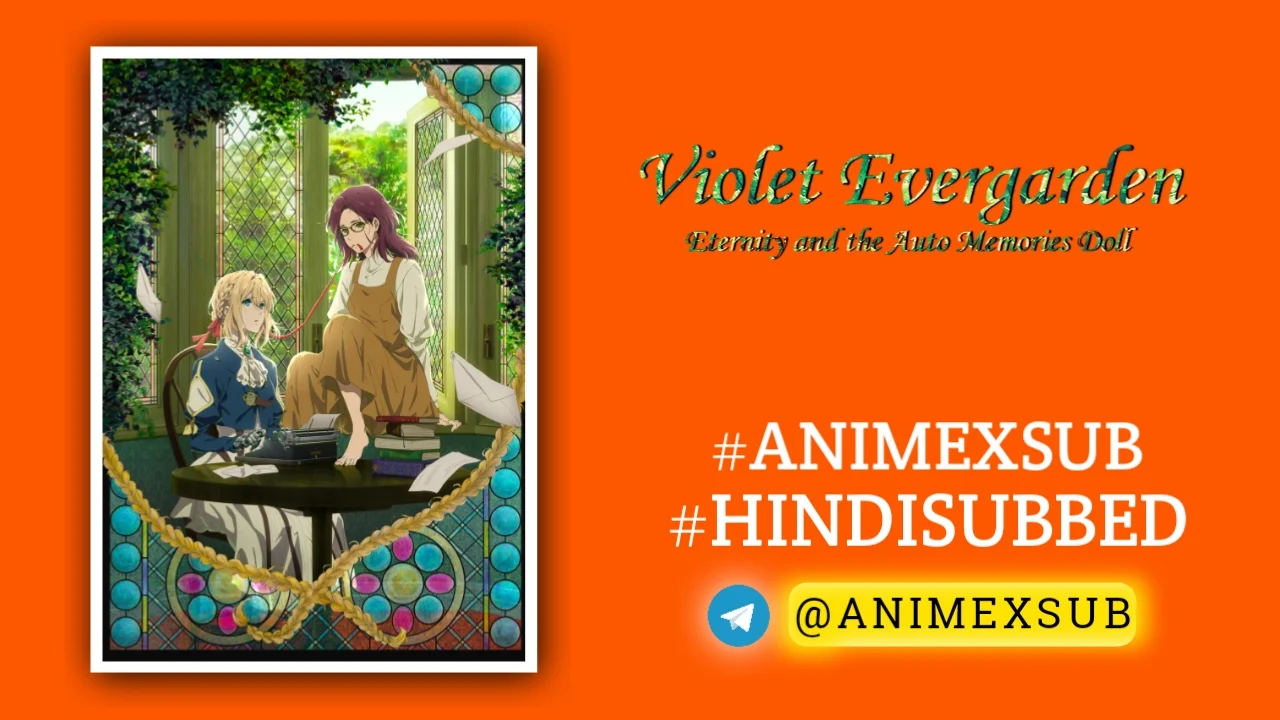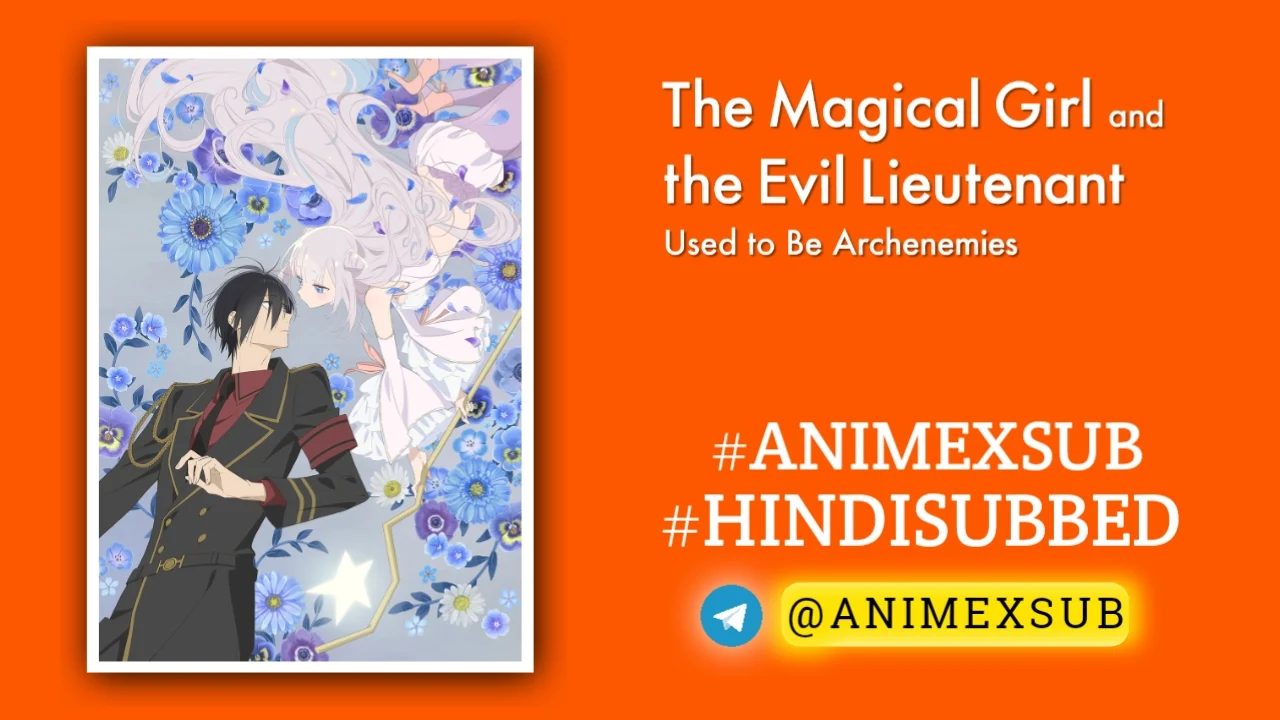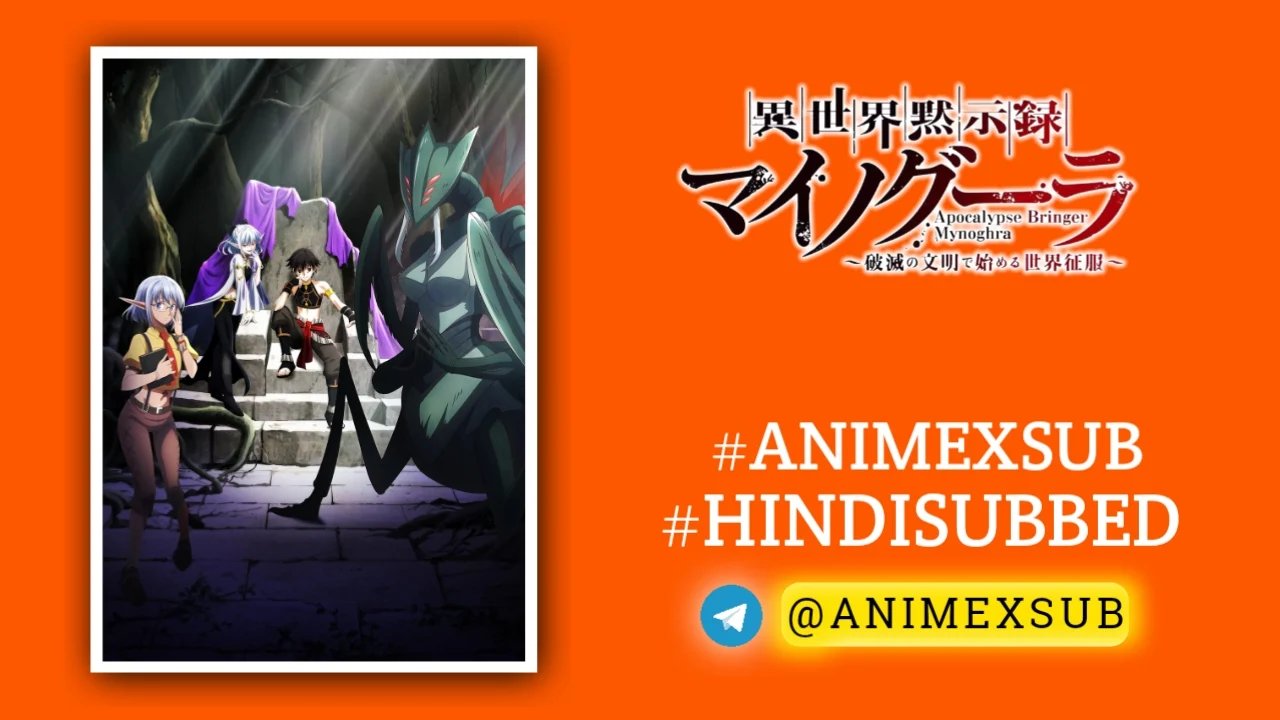
The Most Heretical Last Boss Queen: From Villainess to Savior Hindi Subbed [12/12] {Complete}

Higeki no Genkyou to Naru Saikyou Gedou Last Boss Joou wa Tami no Tame ni Tsukushimasu.
The Most Heretical Last Boss Queen: From Villainess to SaviorSynopsis
It’s one thing to get reincarnated as a righteous hero. It’s another thing entirely to get reincarnated as a villain! Our protagonist was just reincarnated into the body of Princess Pride Royal Ivy, the last boss and ultimate villain of her favorite otome game. But evil just isn’t her style, so she’ll use Pride’s powerful abilities to sow peace and love instead of discord! Can she change the fate of this vile villainess, or is her role in the story already rotten to the core? (Source: HIDIVE)
Watch Trailer
Characters
Awakening in Chains of Destiny: The Reincarnated Princess’s Defiant Oath
In the shimmering veil between worlds, where pixels bleed into flesh and forgotten dreams claw their way back to life, a ordinary Japanese high school girl awakens not in her bed, but in the opulent yet suffocating cradle of royalty. This is the genesis of The Most Heretical Last Boss Queen: From Villainess to Savior Season 1, a 2023 anime adaptation that twists the isekai genre into a tapestry of redemption and foresight. Premiering on July 7, 2023, under OLM’s direction and helmed by Norio Nitta, this 12-episode journey—streaming on platforms like HIDIVE and Prime Video—draws from Tenichi’s light novel, originally serialized on Shousetsuka ni Narou since 2018. Here, the protagonist inhabits the body of Pride Royal Ivy, the eight-year-old crown princess of the matriarchal kingdom of Freesia, who in the otome game Our Ray of Light evolves into a tyrannical final boss destined to enslave souls, orchestrate famines, and meet her end at the hands of her own kin. But this Pride rejects the script. Armed with meta-knowledge of the game’s tragic routes, she vows to dismantle her villainous fate, not through conquest, but through acts of profound benevolence that ripple across a kingdom teetering on oblivion.
What elevates this narrative beyond the saturated villainess trope is its unflinching portrayal of the original Pride as an irredeemable monster—a sadistic architect of despair whose abuses, like binding her adopted brother Stale in a soul-crushing contract or tormenting servants for sport, evoke genuine revulsion. Unlike the comedic misunderstandings in My Next Life as a Villainess, this series leans into psychological depth, exploring how reincarnation doesn’t erase the shadows of predestined evil but forces a reckoning with them. Pride’s internal monologues, voiced with layered intensity by Fairouz Ai in Japanese and Karlii Hoch in English, reveal a girl haunted by visions of alternate timelines: her father’s assassination, her mother’s demise, and the love interests’ descent into vengeance-fueled heroism. This precognitive “cheat” ability—gleaned from game lore—serves not as a crutch for overpowered antics, but as a double-edged sword, compelling her to orchestrate interventions that demand emotional and strategic precision. Season 1 masterfully unpacks themes of agency versus predestination, where every heroic deed risks butterfly effects that could summon unforeseen calamities, turning the otome game’s romantic facade into a labyrinth of moral quandaries.
Fractured Thrones and Forged Alliances: Navigating the Labyrinth of Royal Intrigue
As Pride matures from a wide-eyed child to a tactical prodigy by her early teens, the series delves into the intricate web of Freesia’s politics, where power dynamics mirror the game’s hidden routes but diverge through her interventions. Episode 1, “If I Become a Woeful Queen, Then Please Finish Me,” sets the tone with Pride’s awakening during her ability manifestation ceremony, where her boss-level powers—rapid skill acquisition, superhuman strength, and prophetic glimpses—manifest not as tools for domination, but for salvation. She immediately targets the game’s “bad ends”: saving her father, King Randyle, from a poisoning plot by allying with the loyal knight Roderick and his son Arthur, whose crop-growing magic is dismissed as worthless in the original timeline.
The ensemble cast breathes life into this reversal, each character a foil to Pride’s evolving heroism. Stale (voiced by Junya Enoki), her adopted brother and a capture target, transitions from a potential rebel to a devoted sibling, his arc in episodes 2-3 (“The Vengeful One’s Dream” and “The Time to Act Has Come”) highlighting themes of familial redemption as Pride thwarts his mother’s tragic fate. Arthur (Maaya Uchida) embodies overlooked potential; his “embarrassing” ability, once a source of ridicule leading to his game’s villainous turn, becomes a cornerstone of agricultural reform under Pride’s guidance in episodes 6-7 (“A Knight’s Worthless Power” and “The Day Has Come”). Then there’s Val (Kaito Ishikawa), the rogue with a foot-licking loyalty pledge in the finale that sparks comedic scandal, evolving from a criminal in episodes 9-11 (“The Criminal’s Impossible Situation” and “No One Left Behind”) into a fierce protector, underscoring themes of second chances for the marginalized.
Critically, Season 1’s strength lies in its refusal to glorify redemption as effortless. Pride’s actions, like intervening in a military exercise gone awry (episode 4, “The Time to Act Has Come”) or judging a desperate lover’s crime (episode 5, “The Crown’s Heavy Burden”), expose the fragility of change. Viewer sentiments on platforms like Reddit echo this: one user praised the “power dynamics and mechanics” as a fresh take on villainess stories, likening it to a “spiritual successor to Bakarina but far more serious,” while noting Val’s arc as “textbook villain turned good guy” with genuine purpose. Yet, pacing critiques abound—episodes often linger on slice-of-life warmth, like pillow fights and sibling bonds in episode 8 (“What Drives One to Desperation?”), diluting tension until climactic rescues, such as the child kidnapping in episodes 10-11. Animation, while serviceable with Hitomi Kōno’s character designs, suffers from bland colors and stiff movements, a B-tier production that prioritizes emotional beats over visual flair. The soundtrack, blending orchestral swells by Hanae Nakamura with the upbeat OP “Kyūseishu” by Tsukuyomi and ED “Pride” by ChoQMay, amplifies these intimate moments, evoking a sense of fragile hope amid looming doom.
Echoes of Alternate Realms: Deeper Layers of Fate, Power, and Unyielding Compassion
Beyond surface-level isekai tropes, Season 1 probes philosophical undercurrents rarely explored in the genre: the ethics of meta-knowledge and the illusion of free will. Pride’s foresight, drawn from the game’s code, positions her as a god-like figure puppeteering events, yet it falters when her changes spawn unscripted crises—like the unprecedented war hints in the finale (episode 12, “Is It Enough?”). This mirrors real-world debates on determinism, where altering one thread unravels others; Pride’s paranoia that her “savior” path might still culminate in execution adds a layer of existential dread absent in lighter fare. Themes of power’s corrupting allure resonate through her boss abilities: she learns swordplay by observation alone, yet wields it to empower the weak, subverting the final boss archetype into a benevolent force.
Social commentary weaves in subtly—Freesia’s matriarchy critiques gender roles in fantasy, with Pride challenging noble expectations by uplifting commoners and reforming discriminatory magic assessments. Her relationships form a reverse harem of platonic loyalty, emphasizing emotional intelligence over romance; interactions with Tiara, her hidden sister revealed mid-season, explore sibling rivalry turned adoration, contrasting the game’s tower imprisonment horror. Fan analyses on MyAnimeList and Goodreads highlight this purity: one reviewer lauds Pride’s “razor-sharp wit and boss-tier powers” as “undeniably fun,” while critiquing the light novel’s verbosity but praising the anime’s multi-perspective glimpses into capture targets’ psyches, fostering empathy for those once doomed to oppose her.
Flaws persist—repetitive exposition on Pride’s motives, as noted in IMDb’s 6.4/10 aggregate, borders on cliché, and the series’ josei roots occasionally yield to fanservice-lite moments, like Val’s pledge. Yet, these are overshadowed by innovative twists: unlike Accomplishments of the Duke’s Daughter, where villainess reforms are bureaucratic, here they’re visceral, with Pride’s compassion forging alliances that butterfly away tragedies, culminating in a cliffhanger post-credits scene teasing Season 2 (announced June 30, 2025). In a genre flooded with wish-fulfillment, The Most Heretical Last Boss Queen Season 1 stands as a beacon of introspective heroism, where saving a kingdom means first saving one’s soul from the abyss of scripted villainy.
Whispers from the Void: Legacy of a Queen Reborn
As the credits roll on episode 12, Pride stands amid her transformed court—Stale smiling freely, Arthur empowered, Val teasing loyally—yet her eyes betray lingering doubt: has she truly escaped the game’s curse? This unresolved tension propels the narrative into uncharted territory, hinting at continental wars and deeper conspiracies from the light novels’ later volumes. For newcomers, it’s an accessible entry laced with game references that reward otome enthusiasts; for veterans, it’s a refreshing deconstruction that humanizes the “heretical” path. With a MAL score hovering at 7.0 and Reddit threads buzzing over its “heartwarming” finale despite pacing gripes, Season 1 cements Pride as an icon of defiant purity—a villainess who doesn’t just survive her tale, but rewrites it into an epic of selfless sovereignty. In the annals of anime, few stories capture the thrill of subverting destiny with such elegant ferocity.
